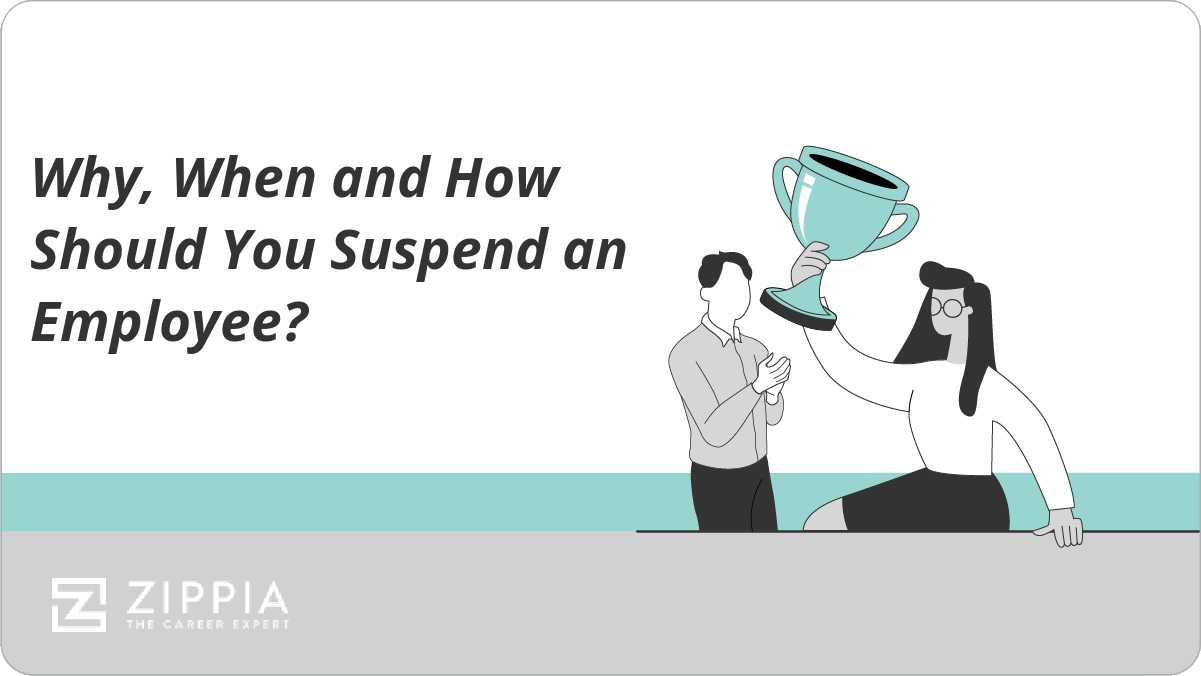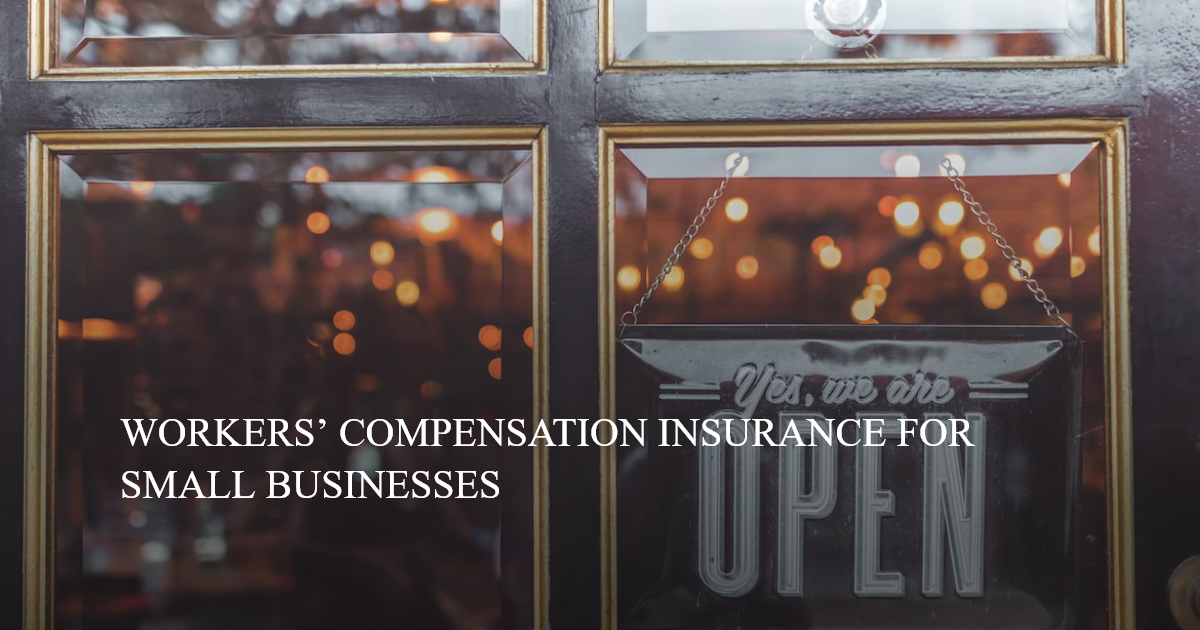Summary. A gatekeeper’s role is to control access to a particular service, product, or important person. That means that someone in the role of an executive assistant or secretary often ends up largely functioning as a gatekeeper. Those aren’t the only professions that involve gatekeeping as an important aspect.
Gatekeepers serve an important purpose in business settings, as they control scheduling, the flow of information and help assure quality. They are also usually the first person that someone enters your business sees, meaning that they also have an important customer service role.
Key Takeaways:
-
Gatekeepers control access to products, services, or important personnel.
-
Their role allows business executives to maintain their schedule, make judicious use of their time, and prevent them from meeting someone who could reflect poorly on the company.
-
Having a gatekeeper can also help assure quality, as they’ll dismiss products or services that aren’t up to the company’s standards, as well as help to streamline access.
-
Gatekeeping organizations can also ensure that unqualified people don’t end up getting to call themselves a member of the profession. These include roles like doctors, electricians, and other highly skilled professions.
What Is a Gatekeeper?
A gatekeeper is defined as “one who tends or guards a gate,” but it is much more often used in its metaphorical meaning of “a person who controls access.” In the business sense, it’s definitely referring to the latter.
Gatekeepers are the ones who control access to services, money, or important personnel. The sort of gatekeeper most everyone has run into is going to be a receptionist or an executive assistant. They have the ability to let you see important people in the business or to turn you away.
Editors can also act as gatekeepers in terms of what they choose to print. This can apply both in journalism, where they decide what news and information to share with their readership and in fiction or essay writing, where an editor decides whose submission will be published.
Roles of a Gatekeeper
While the majority of people have to deal with gatekeepers from the side of being disallowed access, where they may seem capricious or even tyrannical, gatekeepers serve an essential role. Preventing just anyone or any idea access has the benefits of the following:
-
Staying on schedule. Having meeting times and a schedule can be essential in a higher management role. They’re dealing with issues from the upper echelon, which means that they have to meet with many different people and departments and deal with many different ideas and suggestions.
If people were allowed to just walk into the office at any time, it would disrupt the secluded way that business operates. Of course, it’s possible to be too strict with access, and different executives will have different directives for their assistants, but the principles stay the same.
-
Streamlining access. Counterintuitively, limiting who can see someone and when will end up being more efficient. You won’t have people showing up at the same time, or less important meetings secluded before the ones making major decisions.
-
Preserving time. Time is a very valuable resource. The gatekeeper fends off unimportant or lower-quality ideas and suggestions so that the higher-level management doesn’t have to take the time to look over them just to say no.
-
Assuring quality. This applies in the case of ideas, writing, or other submissions. The gatekeeper can drop suggestions and submissions that don’t meet the level of quality for the publication, business, or organization, therefore limiting the ones that get serious consideration to the ones of the highest quality.
-
Protecting important personnel. While this is rare in the literal sense of protecting someone from harm, it can help to protect the reputations of management and businesses. In the case of an upper executive or politician, they likely don’t know everyone that they’re going to meet – they simply meet too many people.
Due to that, it’s up to the gatekeeper to vet who ends up getting access to them, especially if it involves photo opportunities or exposure. In that way, their reputation is protected, and it limits exposure that undeserving parties get.
Types of Gatekeepers
There are several different professions that have a major gatekeeping aspect to their role. While this list isn’t exhaustive, it lets you know what positions should be filled by employees that have the right qualities to be good gatekeepers.
-
Executive assistants. This role will involve a great deal of gatekeeping. Executive assistants are in charge of executives’ schedules, screen their calls, and allow people into their offices. That means that they’ll likely get the final say as to who the executive ends up seeing – and when.
-
Receptionists. Most receptionist duties involve greeting visitors and letting them know when it’s time for their appointment. However, they will also have to turn people away who don’t have an appointment or aren’t supposed to be there.
-
Personal assistants. A personal assistant’s role is very similar to an executive assistant, except that they usually work for an individual. That means that they’ll be setting their employer’s appointments and choosing who is allowed personal access to them.
-
Insurance agents. Most of the calculations are done by underwriters, but those who work insurance work as gatekeepers to their services. Someone may be turned down for health insurance due to being too high risk. Or the rates may be set prohibitively high as a way to discourage them.
-
Editors. Editors for both newspapers and magazines end up doing a lot of gatekeeping. They choose what articles get published and who is worth interviewing. And what stories are worth pursuing and sharing. In the case of newspapers and other news sources, editors also protect both the paper and their journalists.
Editors also serve as gatekeepers to other writing, such as fiction. Most writers have to submit their writing to an editor in the hope that they’ll choose to publish it. Personal essays and opinion pieces also have to pass muster with the editor.
-
Loan officers. Getting a loan is a long, difficult process. The loan officer is the one who ends up ultimately delivering the news as to whether or not someone’s approved for a loan. They keep those who are at high risk from getting loans, whether it’s for real estate, a vehicle, a personal loan, or otherwise.
-
Regulators. Various regulations can prevent certain people from entering professions they’re qualified for. For instance, the medical board gatekeeps who are allowed to be considered a physician.
In the majority of those cases, it’s for the safety of the clientele, as well as to preserve the reparations of the organization. Professions include:
-
Medicine
-
General practitioner
-
Dentist
-
Nurse
-
Surgeon
-
Medical Specialist. i.e., neurologist, gynecologist, or pediatrician
-
Psychiatrist
-
Pharmacist
-
-
Skilled trade
-
Plumber
-
Carpenter
-
Electrician
-
Millwright
-
-
Law
-
Attorney
-
Judge
-
Paralegal
-
-
Gatekeeper FAQ
-
What are gatekeeper companies?
A gatekeeper company is a company that decides whether or not a potential client qualifies for a particular service or product. Health insurance is an excellent example of this. Insurance companies limit what doctors they cover as well as what services they will cover.
-
What are some important qualities a gatekeeper should have?
Gatekeepers should have excellent customer service skills, as they represent the company and deal with the public. This means that they have to listen well, be attentive, and be knowledgeable about the business. However, they also need to be unafraid to turn someone away.
- Workplace Issues
- Job Abandonment
- Absenteeism
- Disciplinary Actions
- Employee Write-up Form
- Insubordination in the Workplace
- How to Suspend an Employee
- Robots in the Workplace
- Dealing With Unhappy Employees
- How to Stay Motivated Working Alone
- Signs of a Bad Recruiter
- How To Spot A Psychopath At Work
- What Constitutes A Hostile Work Environment
- Gatekeepers In The Workplace
- What Is Disparate Treatment?
- Mansplaining In The Workplace
- What Is EEOC Conciliation?
- Pronouns In The Workplace
- Microaggressions At Work
- Workplace Safety Tips
- How To Respond To A Negative Review
- How Much Does A Billboard Cost





